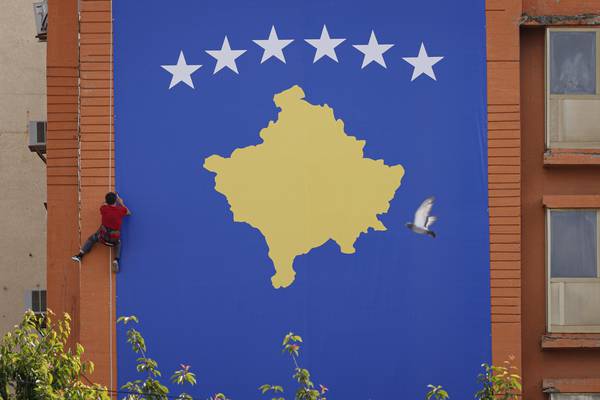Migrants: Kosovo expert, fragile nation, those who can flee
Interview after many violent incidents in Trieste
07 August, 20:32For Roschetti, Kosovo is "a country that, with desperate idealism, makes six stars stand out on its flag like the ethnic groups that coexist without peace." Knowing this reality "serves not to justify but to observe more lucidly the behavioral reverberations of an uprooted and suffering community." The current Kosovar immigrants in Trieste are "teenagers and males, unwilling to mix, self-ghettoized in overcrowded houses, without much alternative forced into exhausting jobs in construction companies like modern slaves, disconnected from Italian society, little or no literacy, hungry for dreams to be realized as soon as possible, clinging to the umbilical cord of the home country and the debts incurred to leave." These are young people who "exhibit with exasperated nationalism the feeling of being sqhiptare (Albanian). They manifest a fierce yearning for affirmation, anger against institutions and anyone who stands between their eagerness to succeed and their strong attachment to an Albanian identity long denied them by the Serb ruler." Violence, it is obvious, "is not inherent, as it is not in any people, but there are cultural strategies in which violent actions take on a resolving function." This is the case with the medieval legal and social code of Kanun, 'blood revenge,' which does not fuel conflicts but quells them." For Kosovars it is "an identity diktat that is difficult to come to terms with." In Trieste recently, there have been multiple occasions of clashes between Kosovar youths: they are "the aftermath of private feuds between family clans, regulated by mafia-like relations, in many cases fighting for leadership in the city's monopoly on construction." But it is not, of course, "Kosovars who are anti-social": the responsibility "must be sought in the sclerotized familistic power dynamics that are perpetuated here as much and worse than in Kosovo." So, what needs to be done to "rescue young people from the self-referential prison in which they suffocate"? "Create legal pathways to eliminate human trafficking; give them the chance (as done with Ukrainian kids) to finish schooling; invest in literacy to orient themselves and no longer recognize themselves as outsiders." In short, "we need to work first on reception." Often "due to lack of resources and absence of cultural preparation of the staff, reception is more committed to 'supervise and punish' than to deal with personal peculiarities and socio-cultural criticalities." (ANSA).














